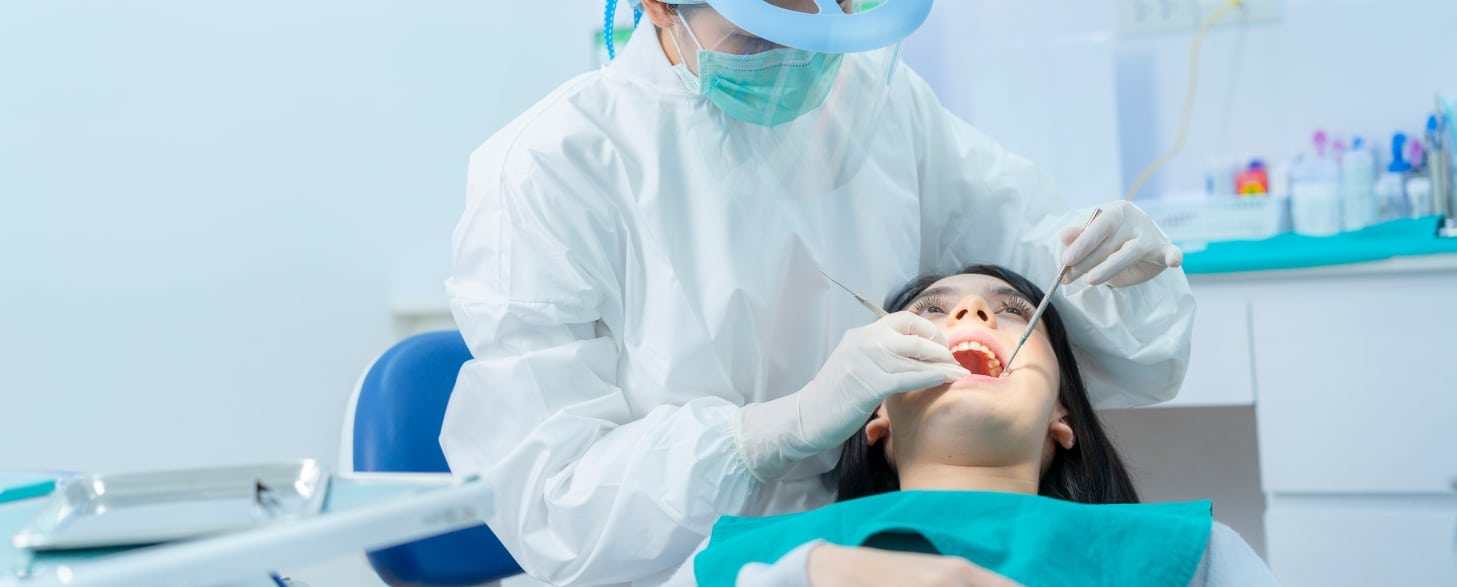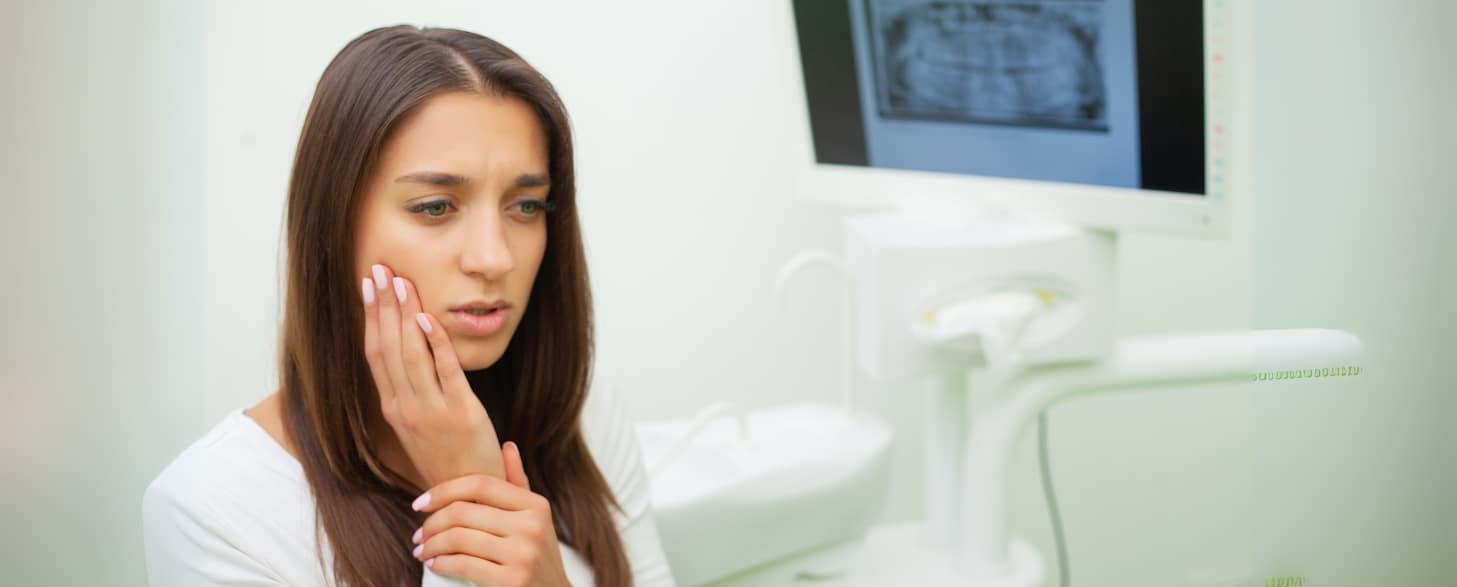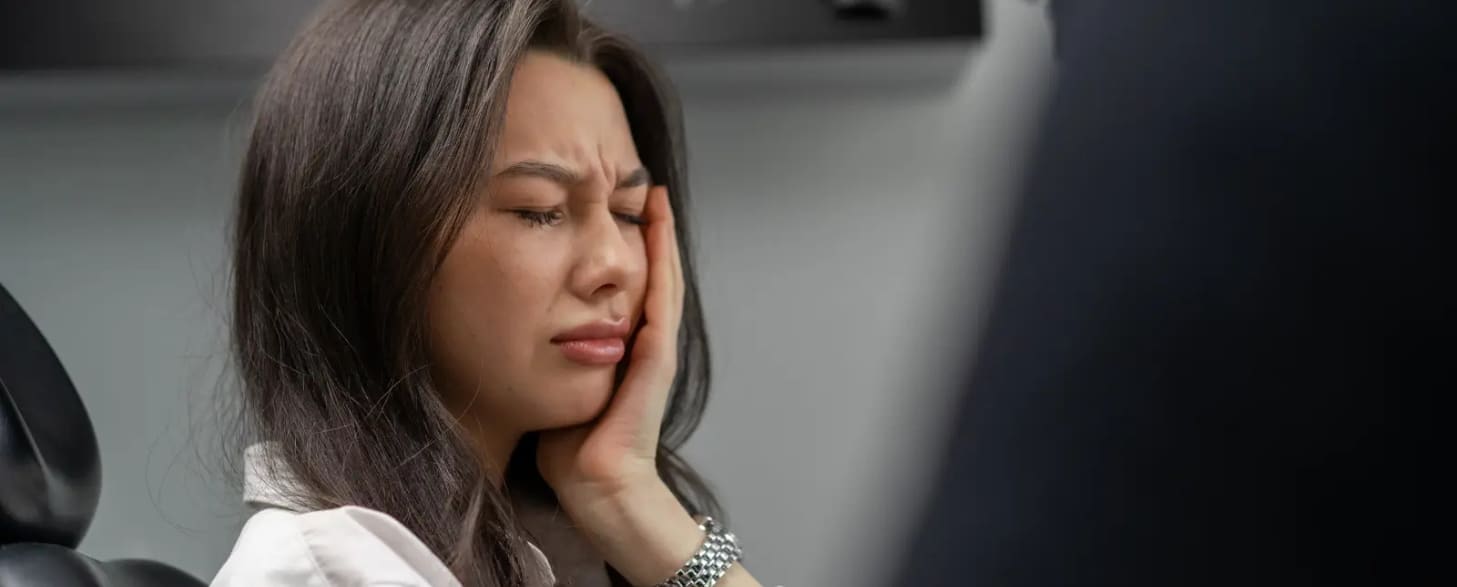What To Do When A Dental Emergency Occurs
San Antonio, TX

In the symphony of our daily lives, dental emergencies strike like an unexpected discord. Whether it’s a sudden toothache, a broken crown, or an accidental injury, these situations demand swift and informed action. Understanding how to handle dental emergencies can make a crucial difference in preserving oral health and easing discomfort. In this guide, we’ll explore various dental emergencies and equip you with the knowledge to respond effectively, ensuring that when the unexpected strikes, you’re ready to orchestrate a harmonious resolution.
Toothache Troubles
Even the most mundane activities can be disrupted by a sudden toothache. To begin, cleanse the affected area by rinsing your mouth with warm water. To prevent any discomfort, it is important to floss gently and thoroughly in order to remove any debris. Over-the-counter pain relievers can provide temporary relief, but it’s crucial to consult your dentist promptly to address the underlying issue. Remember, persistent pain may indicate a more significant problem and early intervention is key to preventing escalation.
Cracked or Broken Tooth
Quick action is necessary when dealing with a broken or cracked tooth. To alleviate any discomfort, it is recommended to rinse your mouth with warm water. Additionally, if there is any swelling, you can apply a cold compress to the affected area. Collect any tooth fragments, if possible, and see your dentist immediately. Time is of the essence in potentially saving a damaged tooth. Ignoring a cracked tooth can lead to infections and more extensive dental work in the future, so prioritize professional attention.
Knocked-Out Tooth
A knocked-out tooth is a dental emergency that demands immediate attention. Hold the tooth by the crown (not the root), rinse it gently without scrubbing, and attempt to reinsert it into the socket. If that’s not possible, place it in a container of milk or saliva and rush to your dentist. Time is critical in potentially saving a knocked-out tooth. Remember, the success rate of reimplantation decreases significantly with each passing minute, so act swiftly.
Lost Dental Filling or Crown
A lost filling or crown can expose sensitive tooth tissues. While waiting to see your dentist, apply dental cement or over-the-counter temporary dental adhesive to cover the exposed area. Avoid chewing on that side of your mouth and schedule a dental appointment promptly to address the issue. Ignoring a lost filling or crown can lead to further damage to the tooth structure, potentially requiring more extensive and costly treatment.
Soft Tissue Injuries
Accidentally biting, cutting, or injuring the lips, tongue, or cheeks can cause significant pain. To properly address the issue, it is recommended to cleanse the affected area using warm water. Afterward, you can apply a cold compress to help reduce any swelling. If the bleeding continues, use a clean cloth or gauze to apply gentle pressure. If the bleeding does not stop or if the injury is severe, it is important to seek immediate medical attention. If soft tissue injuries are not properly cared for, they can result in complications such as infections or scarring.
Jaw Pain or Dislocation
Jaw pain or dislocation can result from trauma or excessive jaw movement. Avoid manipulating the jaw yourself. Apply a cold compress and seek immediate dental or medical attention. Your dentist can assess the situation and provide the necessary intervention. Ignoring jaw pain or attempting to self-manage dislocations can lead to long-term complications, affecting speech, eating, and overall oral health.
Abscessed Tooth
An abscessed tooth is a serious condition that requires immediate attention. Rinse your mouth with a mild saltwater solution to alleviate discomfort, but don’t delay in seeking dental care. Abscesses can lead to severe infections that may impact overall health if left untreated. Recognizing the signs of an abscess, such as persistent throbbing pain and swelling, and seeking immediate treatment is crucial to prevent the spread of infection.
Braces-related Emergencies
If you wear braces and experience a wire breakage or irritation, use orthodontic wax to cover the protruding wire temporarily. If a bracket becomes loose or falls off, save it and contact your orthodontist for guidance. Regular orthodontic checkups can help prevent potential emergencies. Ignoring issues with braces can result in delays in treatment progress and may lead to discomfort or injury, so maintaining open communication with your orthodontist is essential.
Dental emergencies can strike unexpectedly, but a composed and informed response can make all the difference. By understanding the immediate steps to take during various dental crises, you empower yourself to navigate these situations with confidence. Remember, while these steps provide initial aid, seeking professional dental care is crucial for a comprehensive and lasting resolution. In the symphony of dental health, your preparedness is the conductor ensuring harmony in the face of unexpected dental challenges.






